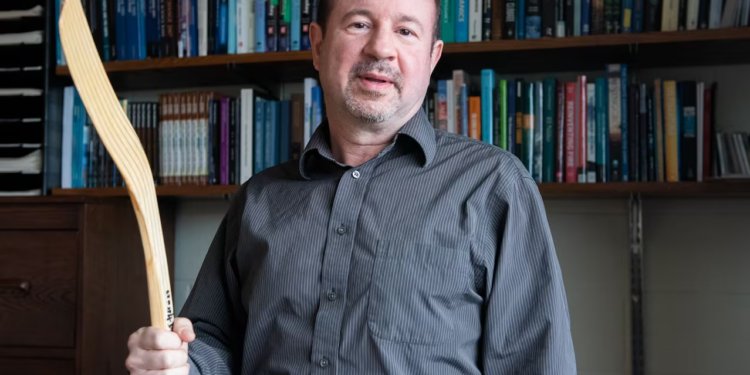by G. Wrightstone, Aug 25, 2023 in ClimateChangeDispatch
August and September are great months to be a professional climate alarmist like Dr. Michael Mann of the University of Pennsylvania.
You have hurricanes making landfall, wildfires seemingly everywhere, the odd F-4 tornado wreaking devastation, and you can pretend that these [events] never happened before we started adding CO2 to the atmosphere. [emphasis, links added]
Plus, you have virtually all the media and a host of “environmental” groupsparroting every seemingly scientific observation without question.
Yes, alarmists find it best to use their time during the hazy hot days of summerlinking every possible weather event to our use of fossil fuels and that demon molecule, CO2.
They must do this in order to instill the fear required to impose economically crippling new taxes or restrict citizens’ freedom to choose what car, dishwasher, stove, showerhead or washing machine to purchase.
Right now, with wildfires in Canada and Greece and the tragic fire in Lahaina, Maui, the focus is on linking supposed man-made warming to these events and characterizing them as unprecedented.
Are they really extraordinary and increasing?
NASA reports that between 2003 and 2019, the global area burned has dropped by roughly 25 percent.
In addition, the Copernicus Atmosphere Monitoring Service reports that according to satellite data, the year 2020 was one of the least active years since records began in 2003.
Learn more about the Lahaina fire here.
…

